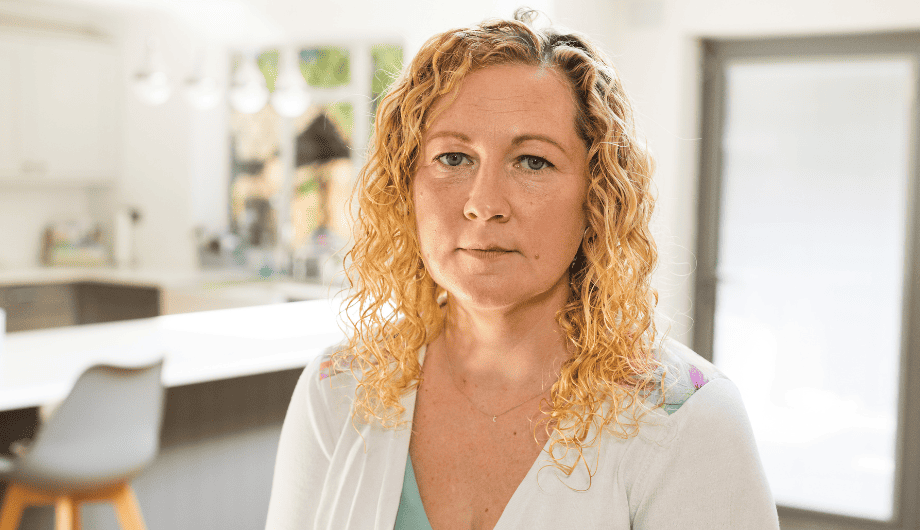
Saïna’s story – A song for my beloved grandpa, Ralph
Saïna opens up about how her grandfather’s dementia has affected her, and how songwriting has provided a release.
Dementia is a progressive condition and currently, there is no cure. However, with some simple steps, the person with dementia can stay physically and mentally healthy for as long as possible and maintain a good quality of life.
A healthy, balanced diet will help to keep the person with dementia in good physical health.
It will reduce the risk of developing or worsening conditions like diabetes, heart disease and stroke, which may have a negative effect on their symptoms. It will also help them maintain a healthy weight.
For most people, a healthy diet includes:
Food and drinks that are high in fat, sugar or salt – such as crisps, cakes, sweets, biscuits, butter, ice cream and sugary soft drinks – should be consumed less often and in smaller amounts.
The NHS Eatwell Guide is a helpful tool for following a healthy diet, and you can also read our guide to eating and drinking for people with dementia.
The person should aim to drink 1.5 litres of fluid a day (about six to eight glasses) – this can include water, tea, coffee, squash, fruit juice and milk. If they struggle to drink enough, our information on good hydration may help.
Alcohol should be kept to a minimum – there are many good alternatives, including low-or zero-alcohol wine, beer and spirits, and mocktails. For advice on drinking safely, please visit Drinkaware.
As far as possible, a person with dementia should be supported to be physically active. Exercise has physical health benefits, can boost mood and often provides vital social contact.
Good forms of exercise include:
In some areas, there are specific fitness activities for people with dementia, such as dementia-friendly exercise classes or swimming sessions – contact your local leisure centre to see what is available.
People with young onset dementia (where symptoms develop before the age of 65) in particular may be fit and active already. If they like to run or cycle but may become confused or disorientated if they go out alone, teaming up with an ‘exercise buddy’ or joining a club can be helpful.
If the person with dementia has mobility problems, you can still support them to take gentle exercise, for example chair-based exercises, stretches, or just a walk around the house or garden.
Bear in mind that too much physical activity can be tiring for a person with dementia, so it is important to strike a balance.
To help the person with dementia maintain their physical health, they should:
Mood changes are common in dementia, so it is important to offer the person mental and emotional support so they can live as well as possible with the diagnosis.
To speak to a dementia specialist Admiral Nurse about staying healthy or anything else related to dementia, please call our Dementia Helpline on 0800 888 6678 (Monday to Friday 9am-9pm, Saturday and Sunday 9am-5pm), email helpline@dementiauk.org or book a phone or video call appointment with an Admiral Nurse.
Our free, confidential Dementia Helpline is staffed by our dementia specialist Admiral Nurses who provide information, advice and support with any aspect of dementia.

Saïna opens up about how her grandfather’s dementia has affected her, and how songwriting has provided a release.

Ricky’s talks about how his Gran’s dementia diagnosis impacts his whole family and why he is supporting the ‘We live with dementia’ campaign.

As a carer for her mum, who has vascular dementia, Clare is taking part in our ‘We live with dementia’ campaign to make more people aware of the support our nurses offer.